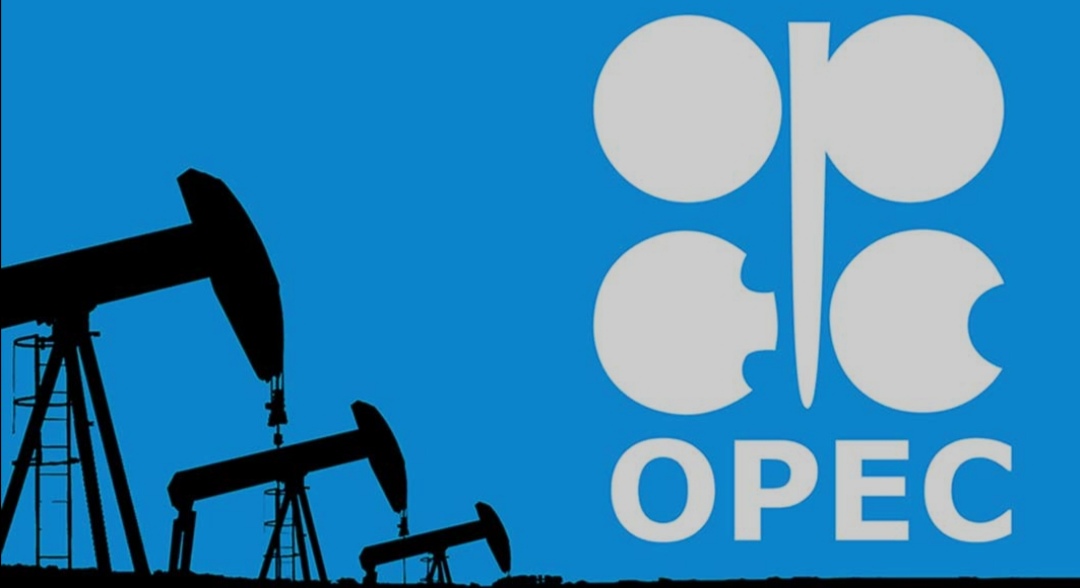
Nigeria’s crude oil production dropped by 4.37% in March, falling to 1.401 million barrels per day (bpd) from 1.465 million bpd in February, according to OPEC’s April Monthly Oil Market Report. This 64,000-bpd decline puts Nigeria 6.6% below its OPEC quota of 1.5 million bpd and 32% short of the federal government’s 2025 target of 2.06 million bpd. The decline is attributed to ongoing issues such as underinvestment, aging infrastructure, and oil theft, which continue to hamper production stability.
The decline in oil production, coupled with falling global oil prices, threatens Nigeria’s fiscal stability. As oil exports remain a critical source of national income, reduced output directly impacts government revenue.With shrinking revenues, the country’s reserves also dwindle, making it increasingly difficult to finance infrastructure, development initiatives, and vital public services like education and healthcare. This situation may further hinder economic growth and force greater dependence on debt.
Although Nigeria has limited influence over international oil prices, it can enhance domestic output by addressing oil theft, attracting investment, and modernizing infrastructure—measures essential for boosting production and ensuring sustainable revenue.Nigeria is currently facing two major economic challenges: falling Brent crude prices, now below $60 per barrel, and declining oil production. This has worsened the country’s budget deficit and raised concerns among officials and investors.
According to the Nigeria Upstream Petroleum Regulatory Commission (NUPRC), crude oil production dropped by about 5% in February, averaging 1.465 million bpd, down from 1.539 million bpd in January. Despite a peak of 1.7 million bpd in February, output remains below expectations due to persistent issues in the sector. As oil is a key revenue source, these ongoing declines are putting increasing pressure on the economy.



